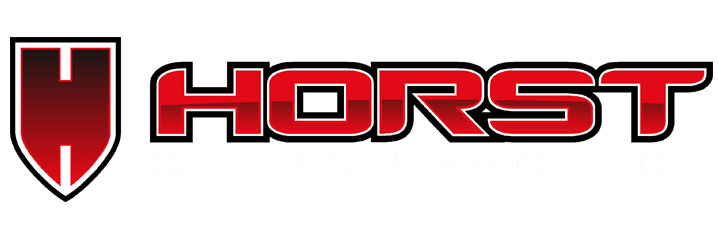Chiropractic Treatment for Muscle Tension
We all experience muscle tension at some point. In fact, it can be one of the most common symptoms that people mention when they come to see Dr. Nathen Horst for their first chiropractic visit. There can be any number of causes for your muscle tension, as well as several different techniques that Dr. Horst can use to address the issue, depending upon the actual source of the problem. What can cause this muscle tension, and how can it best be alleviated?
What Causes Muscle Tension?
Muscle tension happens when one or more of your muscles remain in a contracted state for an extended period of time. This can put pressure on nearby ligaments, tendons, and joints. There can be several factors in play as to the cause of your muscle tension.
- Mental and emotional stress: Work, finances, and relationships can all be sources of mental and emotional stress. On top of that, the winter holiday season can add even more tension into your life. As a result, you can soon find yourself with a snowballing effect of stress. Your nervous system is in overtime, particularly your adrenal system. As a result, you will have difficulty relaxing, so your muscles will stay contracted even at night when you are trying to sleep.
- Exercise: Whether you are a weekend warrior, an elite athlete, or just starting out on a regular exercise routine, you are bound to feel soreness in certain muscle groups that are not accustomed to being pushed to their max. If you forget to warm up before exercising, you haven’t given your muscles a chance to properly lengthen beforehand, so they can knot up and cause tension. Additionally muscles that are not used to regular exercise can easily become sore due to sudden overuse from your first several workouts.
- Diet: If you are missing key nutrients in your diet, you can experience muscle tension. Calcium and magnesium help your muscles slide back to relax after being contracted. If you do not have enough of these nutrients in your diet, your muscles may not fully relax, leading to tension. Similarly, a deficiency in vitamin B12 (often found among vegetarians) may leave your muscles in a constant state of irritation. Dr. Horst suggests cutting back on both coffee and cola drinks, as these can leach such nutrients out of your body.
Chiropractic Treatments for Muscle Tension
There are several different types of treatment that Dr. Horst can use to treat your muscle tension, depending upon its location and cause. The most common treatment is the chiropractic adjustment, which is the foundation of all chiropractic therapy. This works from the understanding that all musculoskeletal issues result from a misalignment of the joints, most commonly the spinal vertebrae. For this adjustment, Dr. Horst will use either his hands or a special adjusting tool to slide the joint back into proper alignment, which will release pressure on the nerves leading in and out of the joint. Doing so should then allow proper signaling to the brain, and allow the muscles surrounding the joint to relax.
If your muscle tension is a result of an athletic injury or overworked joints, ligaments, and tension, Dr. Horst can also use a specialized massage technique called Active Release Therapy (ART). This particular technique is designed to help break down scar tissue that may have built up around old injuries, which can cause surrounding muscles to remain contracted. Once Dr. Horst can reduce this scar tissue, your muscles will be free to relax, thus reducing the tension.
Using hot and cold packs, either separately or combined, can also provide relief for aching muscles. They can help muscles start to relax before Dr. Horst begins to perform either adjustments or ART treatment. This pre-treatment will make it easier for Dr. Horst to work on you, so that you are more comfortable during treatment.
There is no reason to accept muscle tension as part of your life. Dr. Horst can help your body relax and release the tension and stress that it has been holding.


